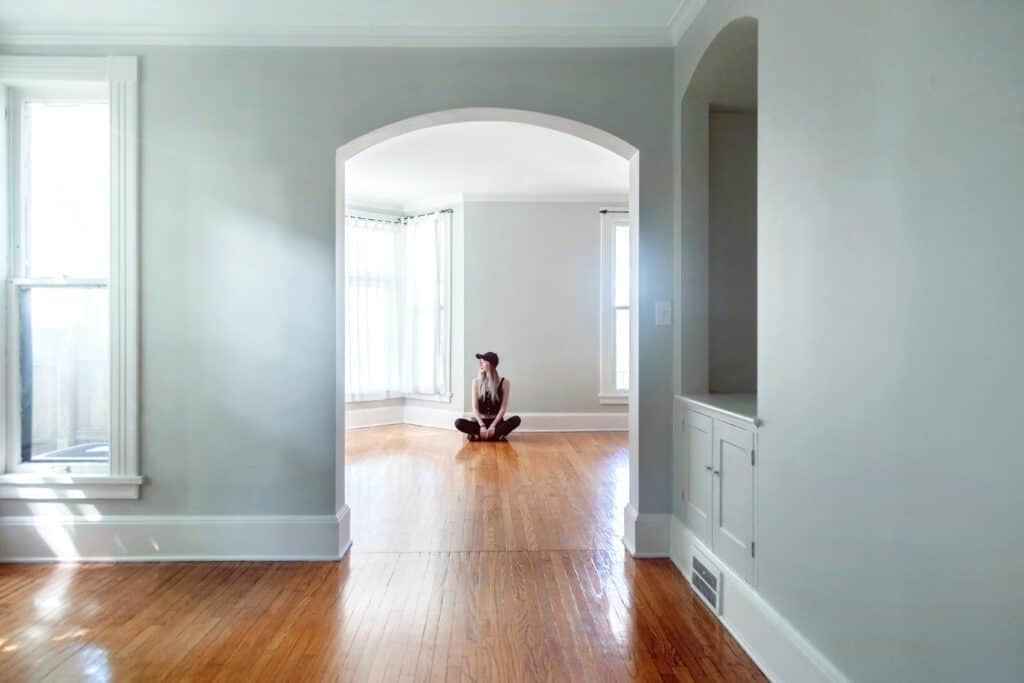In Utah, properties of all kinds are going up in value. If you bought a house ten years ago, the chances are that it’s worth more today than what you paid for it. So, it makes sense to invest in property, and many are doing it. However, if you buy an extra house and let it sit, you won’t get much from it. You’ll miss out on making a passive income, and you’ll have to deal with the costs associated with an empty property. If you don’t know what these are, be sure to stick around, as that’s what we’re talking about today.
So, let’s look at the costs you’ll have first, and then we’ll tell you about your options for taking care of them.
Mortgage
The mortgage isn’t on the list of words that people are the fondest of. However, we still see it as one of the overlooked financial advantages of homeownership. It’s predictable, and one day, you’ll pay it off, and the property will be all yours.
And if you’re paying a mortgage on investment property, it’s best not to pay for it out of your pocket. It’s a better idea to rent the place out and use the rent money to make the payments. Of course, once you pay off the mortgage, the rent will be a clear profit.
Property Tax
Whether you use the mortgage to buy a property or pay for it in cash, you can’t get away from property tax. If the place is under your name, you must take care of it.
That said, you may be able to reduce these costs if you put some effort into it. Examine your property tax card and see if there are any mistakes in it. If there are any errors, you may be paying more than you have to, so be sure to notify the authorities about it.
HOA Fees
If your property is in a neighborhood with a Homeowners Association, you’ll have to pay a membership fee, regardless of whether you rent the place out or it’s empty. You can expect an expense of anywhere between $200 to $300, and it goes towards the upkeep and improvement of the property and the surrounding areas.
So, you’ll pay the price, but you’ll get better curb appeal for your home, and you won’t even have to break a sweat over it.
Maintenance Costs
The HOA will take care of some of your home maintenance, but they won’t do everything for you. So, you’ll have some additional maintenance costs to deal with. Here are some typical examples:
- Gardening. If your property has a garden, you’ll have to pay someone to make it look nice. It usually doesn’t cost much, but it’s still an expense.
- Cleaning. You’ll have to hire a cleaning crew each time your old tenants leave, and new ones come if you’re renting a property. On the other hand, if the place is empty, you’ll want someone to come by and clean it once in a while.
- Security. If your house is vacant, it only makes sense for you to invest in a security system. It’ll keep the place safe, and if anything goes wrong, you’ll know about it right away.
- Repairs. A home deteriorates quickly if no one lives in it. So, expect to spend some money on keeping it in good condition.
Opportunity Costs
The opportunity costs are any potential income that you miss out on. These are the benefits that you won’t enjoy if you don’t do the right thing. As we see it, you have to account for them when trying to figure out the costs associated with an empty property. And here, the rental income is the opportunity you should be worried about.
In essence, you need to calculate all the other costs and then add the money you’re missing out on by not renting the place. The average rent in Utah is around $1,000, so take that number as a ballpark.
If you look at it this way, you’ll see that owning an empty investment property is a double negative for your monthly income. In other words, you’re more likely to lose money on it rather than make it.
What Are the Options?
As you can see, empty properties aren’t exactly good for your budget. So, what are your options here? What can you do if you want to keep your invested money and make some more?
Sell the Place
If you’re moving out of Utah and don’t want to rent the house you’re leaving behind, selling it would be your best bet. With the current state of the market, finding a buyer shouldn’t be any harder than finding the right people for the job of relocating you across the country. It’ll be easy, and you can invest the money you get into something that’ll get you a better ROI.
Advertise the Property
The only way to keep an extra property and make money off it is to rent it. If someone pays you to live in it, the house won’t bleed money, making it viable.
To find tenants, you need to advertise your property. If you have friends or family in the area, ask them if they know someone searching for a place to rent. If not, you can always put up some pictures of the place on the home rental websites or ask a local real estate agency to help you out.
Move There
If you own multiple properties and have trouble renting one out, think about moving there and renting out the one you’re living in at the moment. A change of scenery could be a good thing for you, and you may even make more money if your current home is in a better location.
The Bottom Line
Finally, there is no space for emotions in real estate. Yes, this was your home for many years, and you created a bunch of beautiful memories in it with your family. Unfortunately, this doesn’t raise the value of your property in other people’s eyes. Although putting your emotions aside is hard, it will surely help you get a better outcome.

